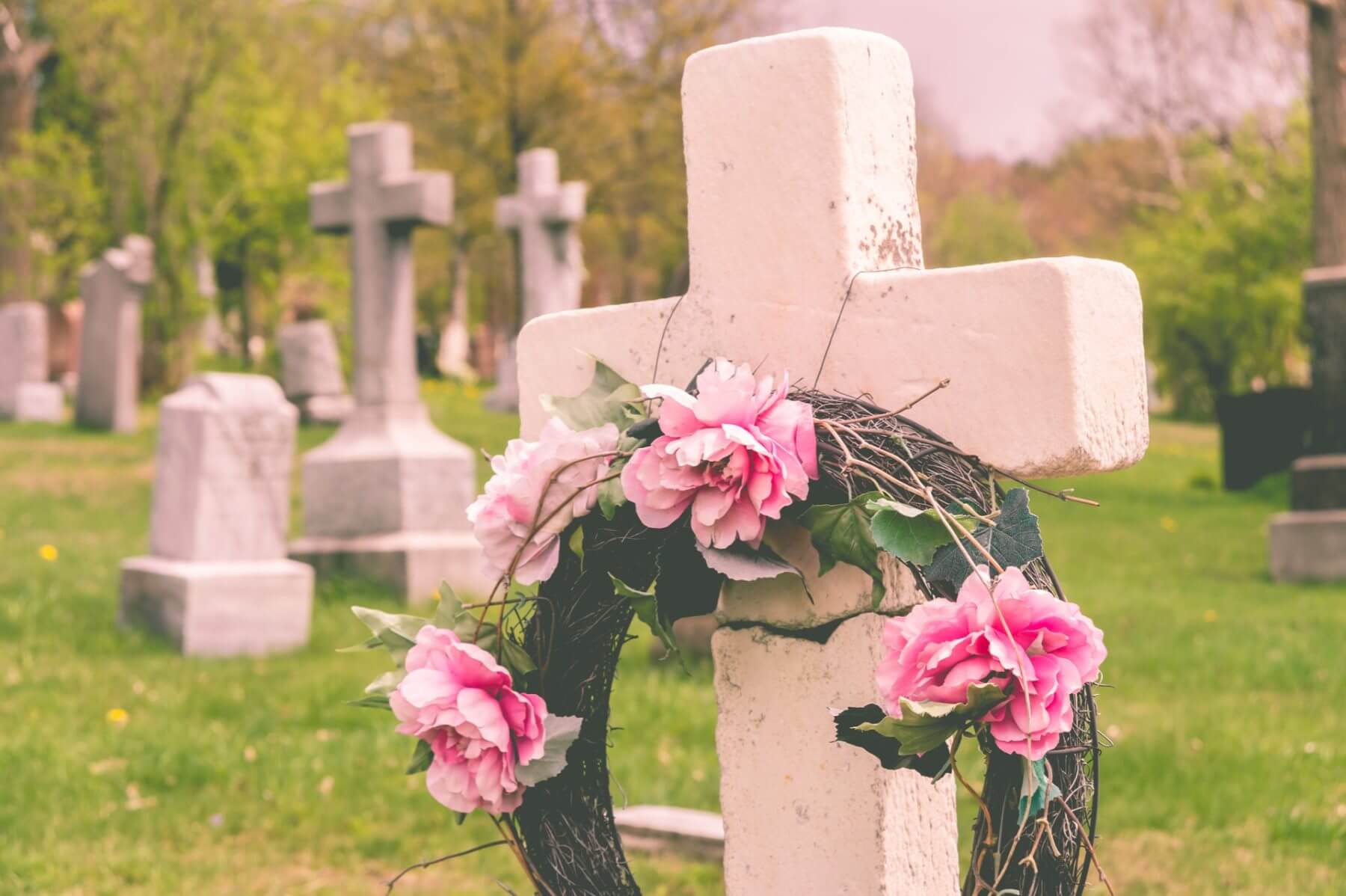When a family member dies because of the carelessness of another, loved ones often wonder how to get justice. In Nevada, justice may come as a civil remedy. One of these remedies is filing a wrongful death claim.
Wrongful Death Elements
In every case, the person who brings a claim must prove certain things called elements. The wrongful death elements that a plaintiff must prove are:
- A human being died;
- The death was caused by the wrongful act or negligence of another;
- The plaintiff is an heir or personal representative of the person who died; and
- The plaintiff suffered monetary damages because of the death.
We discuss these wrongful death elements below. However, it is best to contact an experienced wrongful death attorney to discuss the specifics of your case.
Death of a Human Being
The plaintiff must show that someone has died. Death certificates or medical records can show that a person has died.
One Person’s Wrongful Act or Negligence Caused Another’s Death
A wrongful death claim might arise when one person unlawfully causes another’s death. A person can unlawfully cause another’s death by acting intentionally, recklessly, or negligently.
Examples of situations that may give rise to a wrongful death claim include:
- Car accidents,
- Medical malpractice,
- Workplace hazards or unsafe working conditions,
- Defective products, and
- Criminal activity.
When one of these results in death, the surviving family members may have a wrongful death claim.
Plaintiff Is a Personal Representative or an Heir of the Deceased
In wrongful death cases, the person who died cannot bring a claim on their own behalf. Instead, in Nevada, the following people can bring a wrongful death claim:
- A personal representative of the deceased person’s estate;
- A surviving spouse or domestic partner;
- The deceased’s children; or
- If there is no surviving spouse or surviving children, the deceased’s parents.
Other people dependent on the deceased person can also bring a wrongful death claim. These plaintiffs could include, for example, stepchildren.
The Plaintiff Suffered Damages Because of the Death
Damages are financial losses suffered by the injured person. The damages available in a wrongful death case include special and punitive damages.
Special Damages
Special damages are losses suffered by surviving family members, the estate, or the person who died. These damages can include:
- Reasonable funeral and burial expenses;
- Medical expenses of the deceased’s illness or injury;
- Property damage incurred in the events that caused the death;
- Lost wages and benefits of the deceased;
- Grief or sorrow of the surviving family members;
- Pain, suffering, and disfigurement of the deceased;
- Loss of support, companionship, and care;
- Loss of benefits to heirs.
The court awards special damages to compensate the family members or the estate for actual losses.
Punitive Damages
The court might also award punitive damages.
Punitive damages do not compensate the family members or the estate for the losses they have suffered. Instead, punitive damages penalize a wrongdoer for especially bad conduct.
Courts may award punitive damages to warn bad actors that they will not tolerate such conduct.
Contact a Wrongful Death Attorney in Nevada
At Henness & Haight Injury Law, we can help hold the responsible parties accountable for the death of a loved one. Contact the lawyers at Henness & Haight to discuss your wrongful death case.
We offer free case evaluations. Please fill out our case evaluation form to begin your evaluation.
